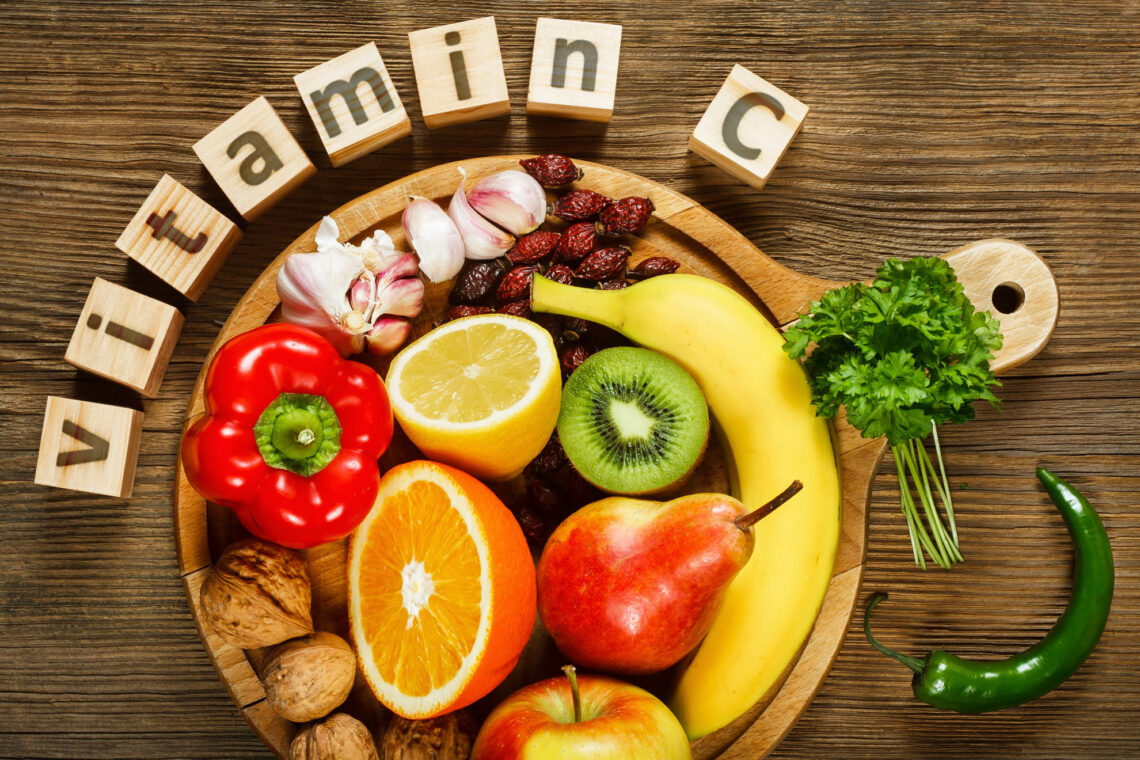When we push our bodies to the limit during exercise, our muscles undergo significant stress and microscopic damage. Proper muscle recovery is essential for repairing this damage, building strength, and enhancing overall fitness. Vitamins play a crucial role in this recovery process. In this comprehensive guide, we’ll explore the role of various vitamins in muscle recovery, how they work, and how to ensure you’re getting enough of them to support your fitness goals.
Understanding Muscle Recovery
Muscle recovery is a multifaceted process that involves the repair and regeneration of muscle fibers, the replenishment of energy stores, and the reduction of inflammation. Key components of muscle recovery include:
- Protein synthesis: Repairing and building new muscle tissue.
- Glycogen replenishment: Restoring energy stores in muscles.
- Inflammation reduction: Minimizing muscle soreness and inflammation.
The Importance of Vitamins in Muscle Recovery
Vitamins are essential micronutrients that support various physiological functions, including those critical for muscle recovery. They help in:
- Protein metabolism: Assisting in the synthesis of new proteins needed for muscle repair.
- Energy production: Facilitating the conversion of food into energy.
- Antioxidant defense: Protecting muscle cells from oxidative stress and damage.
- Reducing inflammation: Helping to manage and reduce muscle inflammation and soreness.
Key Vitamins for Muscle Recovery
Vitamin D
How Vitamin D Supports Muscle Recovery
Vitamin D plays a pivotal role in muscle function and recovery. It helps in:
- Calcium absorption: Vital for muscle contraction and strength.
- Regulating inflammation: Reducing muscle soreness and inflammation.
- Supporting immune function: Ensuring a robust immune response, which is crucial for recovery.
Sources of Vitamin D
- Sunlight: The body synthesizes Vitamin D when exposed to sunlight.
- Food: Fatty fish (salmon, mackerel), egg yolks, fortified dairy products, and cereals.
- Supplements: Vitamin D3 supplements are commonly recommended, especially in areas with limited sunlight.
Vitamin C
How Vitamin C Supports Muscle Recovery?
Vitamin C is a powerful antioxidant that helps in:
- Collagen synthesis: Essential for repairing connective tissues in muscles.
- Reducing oxidative stress: Protecting muscles from damage caused by free radicals.
- Supporting the immune system: Enhancing recovery by preventing infections and illnesses.
Sources of Vitamin C
- Fruits: Oranges, strawberries, kiwi, and guava.
- Vegetables: Bell peppers, broccoli, Brussels sprouts, and spinach.
- Supplements: Available as ascorbic acid or in combination with other antioxidants.
Vitamin E
How Vitamin E Supports Muscle Recovery?
Vitamin E is another antioxidant that is crucial for:
- Protecting cell membranes: Preventing oxidative damage to muscle cells.
- Reducing muscle soreness: Alleviating delayed onset muscle soreness (DOMS).
- Enhancing endurance: Supporting overall muscle endurance and recovery.
Sources of Vitamin E
- Nuts and seeds: Almonds, sunflower seeds, and hazelnuts.
- Vegetable oils: Sunflower, safflower, and olive oil.
- Green leafy vegetables: Spinach, kale, and Swiss chard.
B Vitamins
How B Vitamins Support Muscle Recovery?
The B vitamin group, including B1 (thiamine), B2 (riboflavin), B3 (niacin), B6 (pyridoxine), B7 (biotin), B9 (folate), and B12 (cobalamin), are crucial for:
- Energy production: Converting food into usable energy.
- Protein metabolism: Assisting in protein synthesis and repair.
- Reducing fatigue: Supporting overall energy levels and reducing fatigue.
Sources of B Vitamins
- Whole grains: Brown rice, oats, and whole wheat.
- Animal products: Meat, dairy, and eggs (particularly for B12).
- Legumes and seeds: Lentils, chickpeas, and flaxseeds.
- Supplements: Available as individual vitamins or in B-complex formulations.
Vitamin A
How Vitamin A Supports Muscle Recovery?
Vitamin A is essential for:
- Protein synthesis: Facilitating the repair and growth of muscle tissue.
- Immune function: Supporting a healthy immune response to aid recovery.
- Reducing inflammation: Helping to manage and reduce inflammation.
Sources of Vitamin A
- Animal products: Liver, dairy products, and fish.
- Plant sources: Carrots, sweet potatoes, spinach, and kale (as beta-carotene, which the body converts to vitamin A).
- Supplements: Available as retinol or beta-carotene supplements.
Ensuring Adequate Vitamin Intake
Balanced Diet
The best way to ensure adequate vitamin intake is through a balanced diet rich in a variety of foods. Emphasize:
- Fruits and vegetables: Aim for a rainbow of colors to cover a broad spectrum of vitamins.
- Whole grains: Choose whole grains over refined grains for B vitamins and fiber.
- Lean proteins: Include lean meats, fish, eggs, legumes, and nuts.
- Dairy or alternatives: Ensure adequate calcium and vitamin D intake.
Supplementation
In some cases, supplementation may be necessary, particularly for:
- Vitamin D: In areas with limited sunlight or for individuals with limited sun exposure.
- Vitamin B12: For vegetarians and vegans, as B12 is primarily found in animal products.
- Individuals with deficiencies: Identified through blood tests and under the guidance of a healthcare professional.
Hydration and Rest
Alongside vitamins, proper hydration and adequate rest are critical components of muscle recovery. Water helps transport nutrients to muscles and aids in the removal of waste products. Rest allows muscles to repair and grow.
Frequently Asked Questions
What vitamins are most important for muscle recovery?
Vitamins D, C, E, B-complex, and A are particularly important for muscle recovery. They aid in protein synthesis, energy production, reducing oxidative stress, and inflammation management.
How can I get enough Vitamin D if I live in an area with limited sunlight?
You can get Vitamin D from dietary sources like fatty fish, fortified dairy products, and supplements. If you have limited sun exposure, a Vitamin D3 supplement is often recommended.
Can taking too many vitamins be harmful?
Yes, excessive intake of certain vitamins, especially fat-soluble ones like A, D, E, and K, can lead to toxicity. It’s important to follow recommended dosages and consult with a healthcare provider before starting any supplement regimen.





